|
|
"Public relations can be the 'egg'," says the professor, "and it can be the 'chicken'." As the egg it can trigger positive change. As the chicken it is an effect of change, a body of knowledge on what the PR situation is now and what you want it to become.
PR disaster can result from the difference between how things are now and how the public wants them to be. "The tide of rising expectations," says the professor, "is frustrated by the lag between social expectations and technological abilities."
Often the core of conflict is cost vs. benefit, desire for a lot of benefit without too much cost.
The public wants amazing new drugs that can save our lives but not amazingly high drug prices we can't afford. We prefer more employment and higher minimum wages but not higher consumer cost hikes to pay for the added employment and wages.
The professor is Abdulrahman Al-Enad, a Saudi whose doctorate is from Ohio University's E.W. Scripps School of Journalism. His wisdom may help knock out avoidable PR trouble.
PR Realities
The famous PR firm leader, Jack Modzelewski, who by age 38 was EVP of mighty FleishmanHillard and then rose to even higher FH posts, has written truths about PR realities that sound deceptively simple, but are wise:
• "Your neighbor's flooded basement seems much less of a crisis than your own flooded basement."
• A CEO may have had no prior warning of a crisis--zero—but, "it is the CEO whose seat is closest to the flames."
• Experienced survivors of PR disasters are scarce, perhaps because winners rise to new heights but losers exit to the street. "Many people in the public relations business talk about crises," wrote Modzelewski in the same issue of Public Relations Quarterly as the professor, "but few bear the scars to prove they have been through more than one prolonged firefight."
A key CAUSE of PR disaster is the difference between how things are and how the public wants them to be.
A key EFFECT of PR disaster is that:(a) the trouble is not immediately apparent because it is happening to someone else,
(b) the CEO is blamed for the trouble although the CEO may have had no way to see it coming, and
(c) you may not find experienced help, outside of PR firms that manage enough crises to employ the best talent, to help you avert and cope with PR disaster because "few bear the scars" of having been through many such battles.
Common Blunders
A common blunder of management executives is to tell each other, as a media firestorm becomes huge, that they are not to blame. That may be mutually reassuring but don't bet that the denial will satisfy the media and the public.
The excuse, "Who would have ever thought..." Modzelewski counsels, "was not an acceptable answer after the Titanic struck an iceberg and was short of lifeboats."
Another management blunder, says the Professor, is to try snowing the media "by creating illusive gratifications" aimed at "unethical narcotizing or anesthetizing the public."
A better move is increasing public awareness of the TRUTH and Modzelewski gives guidelines on doing this successfully.
Successful PR Moves
Just doing the right thing may not be enough. If there are Ten Commandments of Crisis Management, topping the list may be: "Do the right thing but QUICKLY!"
• Don't just be at the scene but be seen at the scene. When Exxon's Lawrence Rawls admirably went personally to the scene of the Valdez disaster, many reporters and cameramen didn't recognize him. PR should point out to the media who's who and where.
• Follow the money. "Pay attention," says Modzelewski, "to whether employees in the field have been given the authority to make critical, possibly expensive decisions" following a major industrial accident.
• Know where to go. The first people most CEOs turn to for advice during a crisis are "the Chief Operating Officer, Chief Financial Officer and top legal officer" a Modzelewski survey for Golin/Harris showed. But if a PR officer is not put in charge of operations, finance and legal action, does it make sense to rely primarily on the COO, CFO and General Counsel for PR advice?
• Give and ye may receive. "The company's reservoir of accumulated goodwill is the best cleanser to wash away the taint of a sorry episode."
Earning PR Success
You get the reservoir by earning it. It's a blunder to deny what is true or to try narcotizing or anesthetizing the public with illusions.
It's safer to build massive goodwill nationwide or worldwide as by endowing an anti-cancer research building or a program for America's Memorial Sloan Kettering Cancer Center, or goodwill in a single community by major aid to youth groups and civic clubs.
The public not only appreciates such benefactors but millions of Americans may actually PRAY for their success.
What can make an account successful after a disaster is what PR has gotten management to do BEFORE the disaster. It's because PR can be both an "egg" and a "chicken"--a cause of change and an effect of it.
Almost all PR teams produce meetings and media coverage, and SOME PR teams actually produce widespread public prayer for the client's success.
* * *
Ron Levy is a veteran New York communications pro.

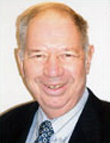

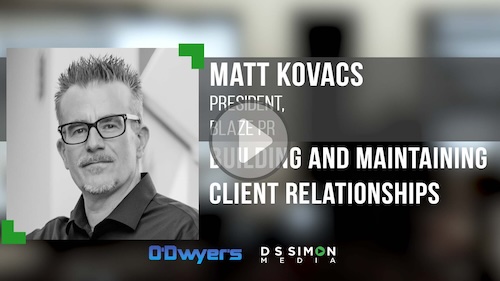

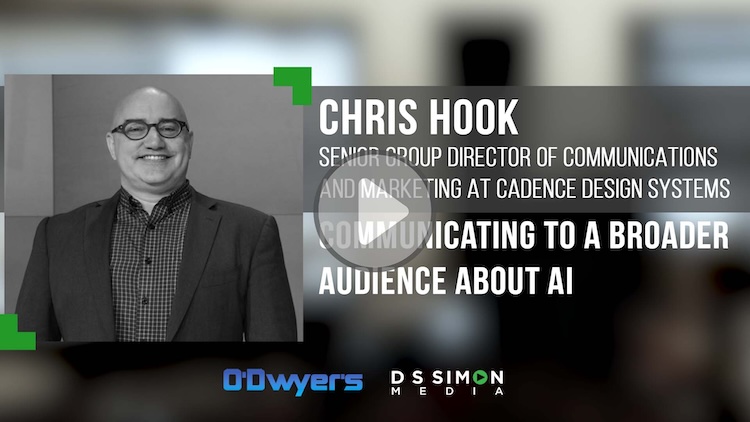
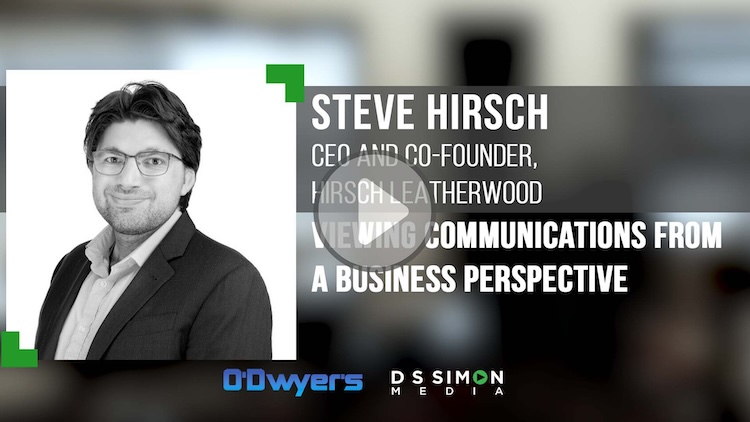
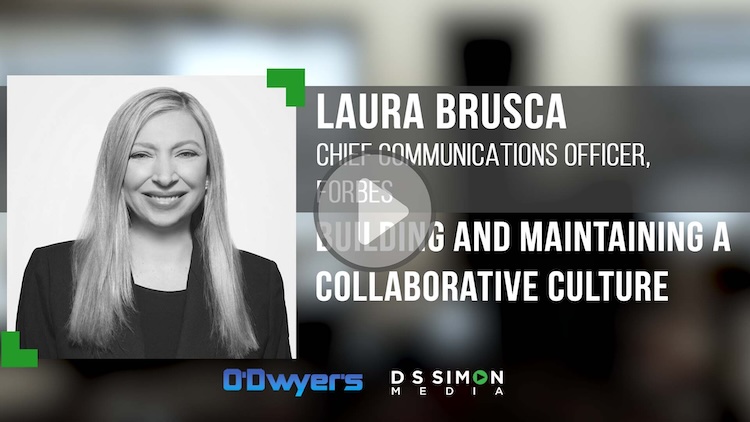



 Have a comment? Send it to
Have a comment? Send it to 
No comments have been submitted for this story yet.